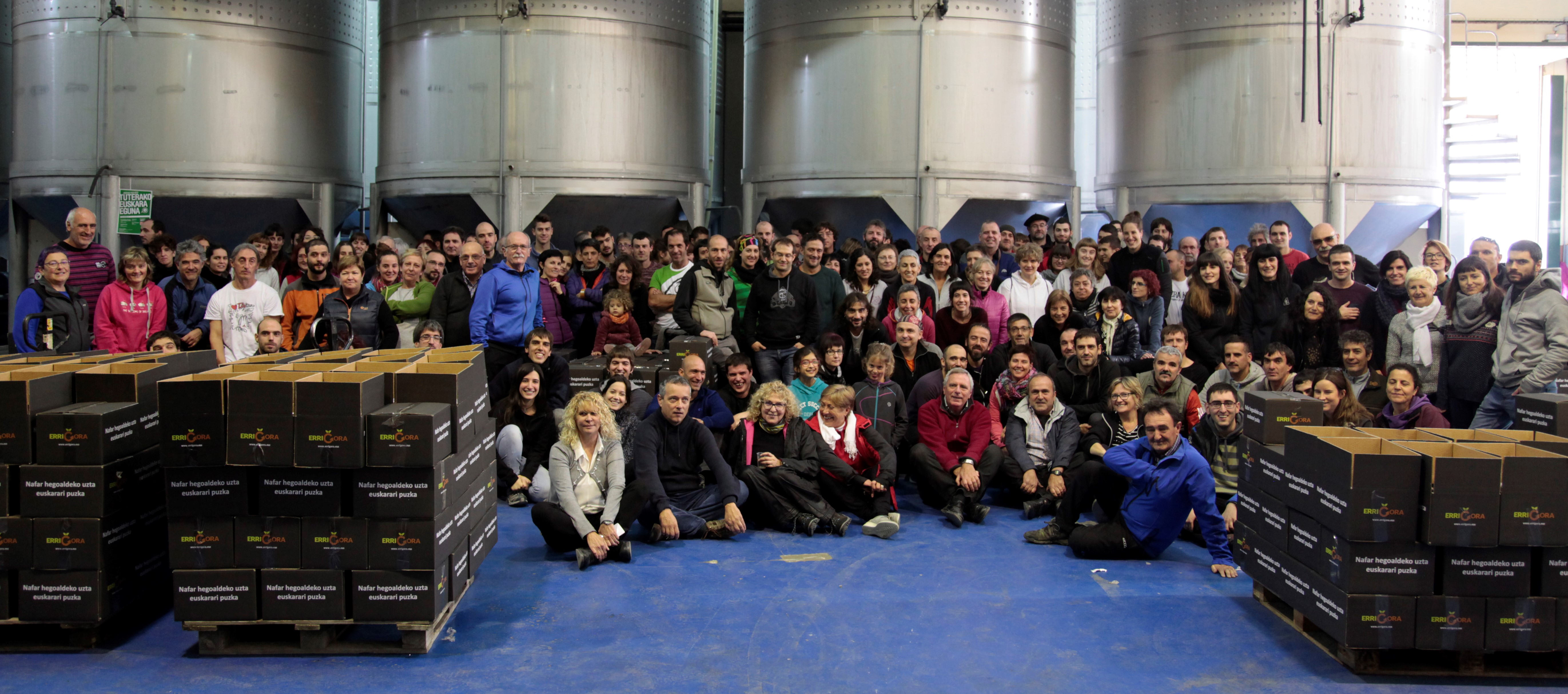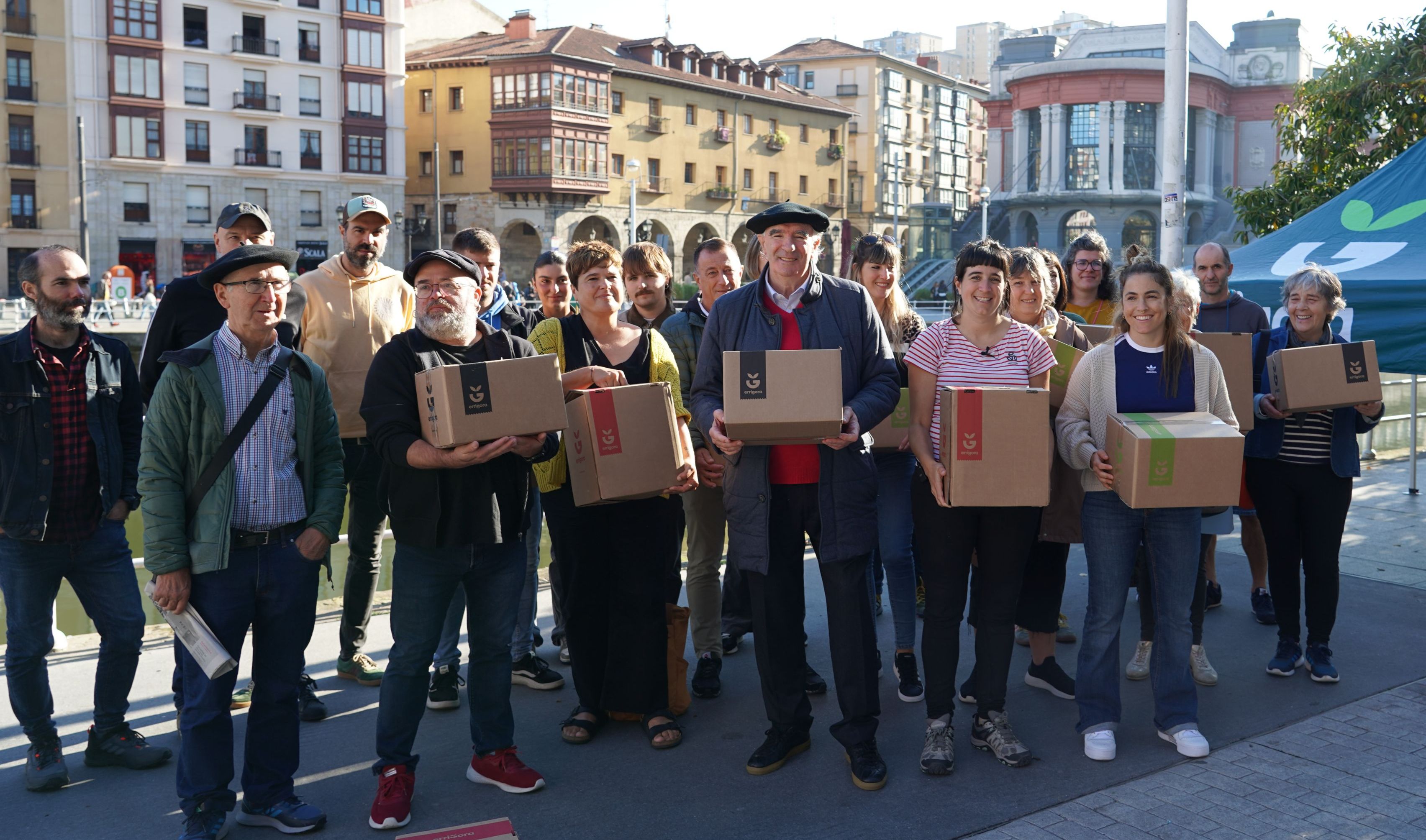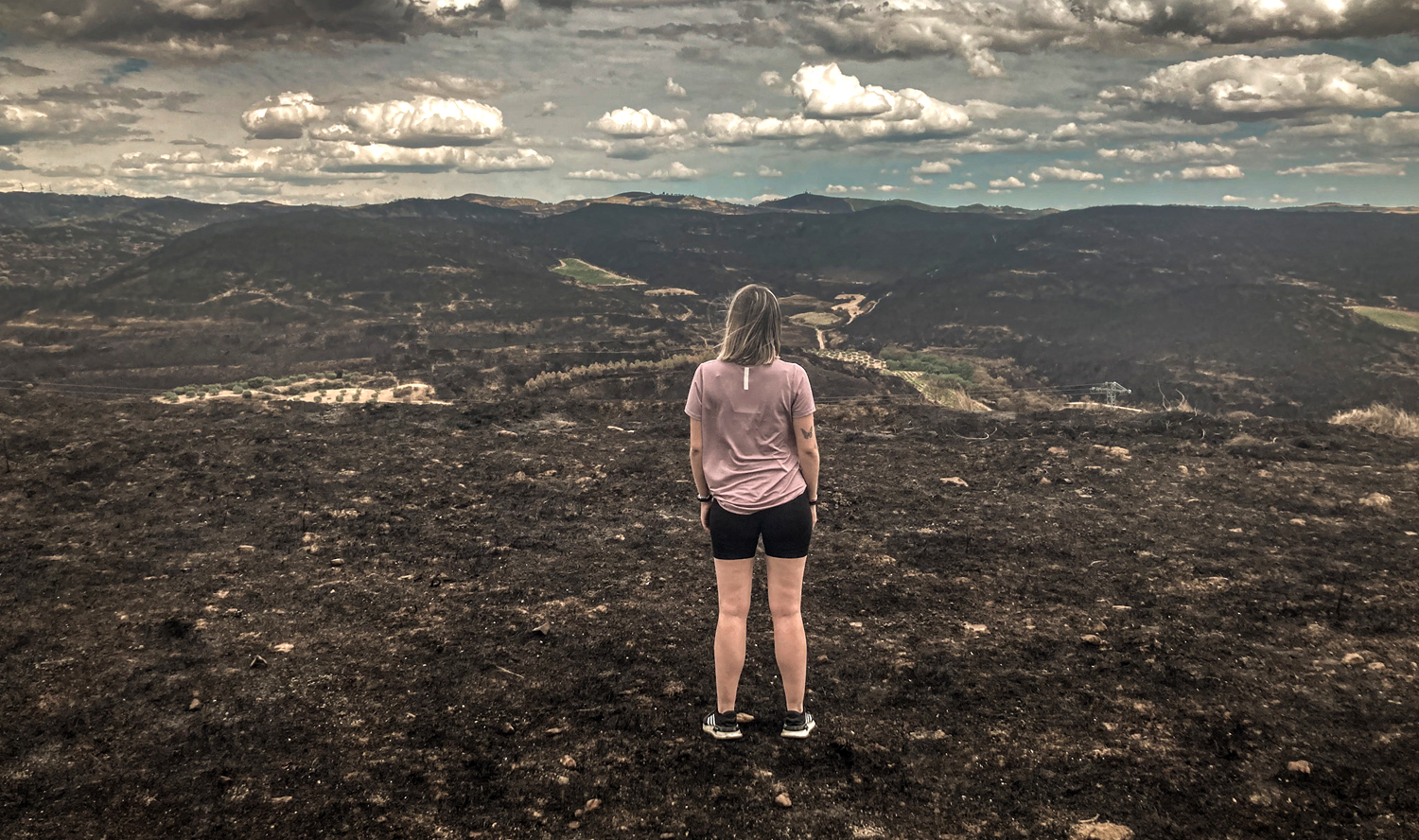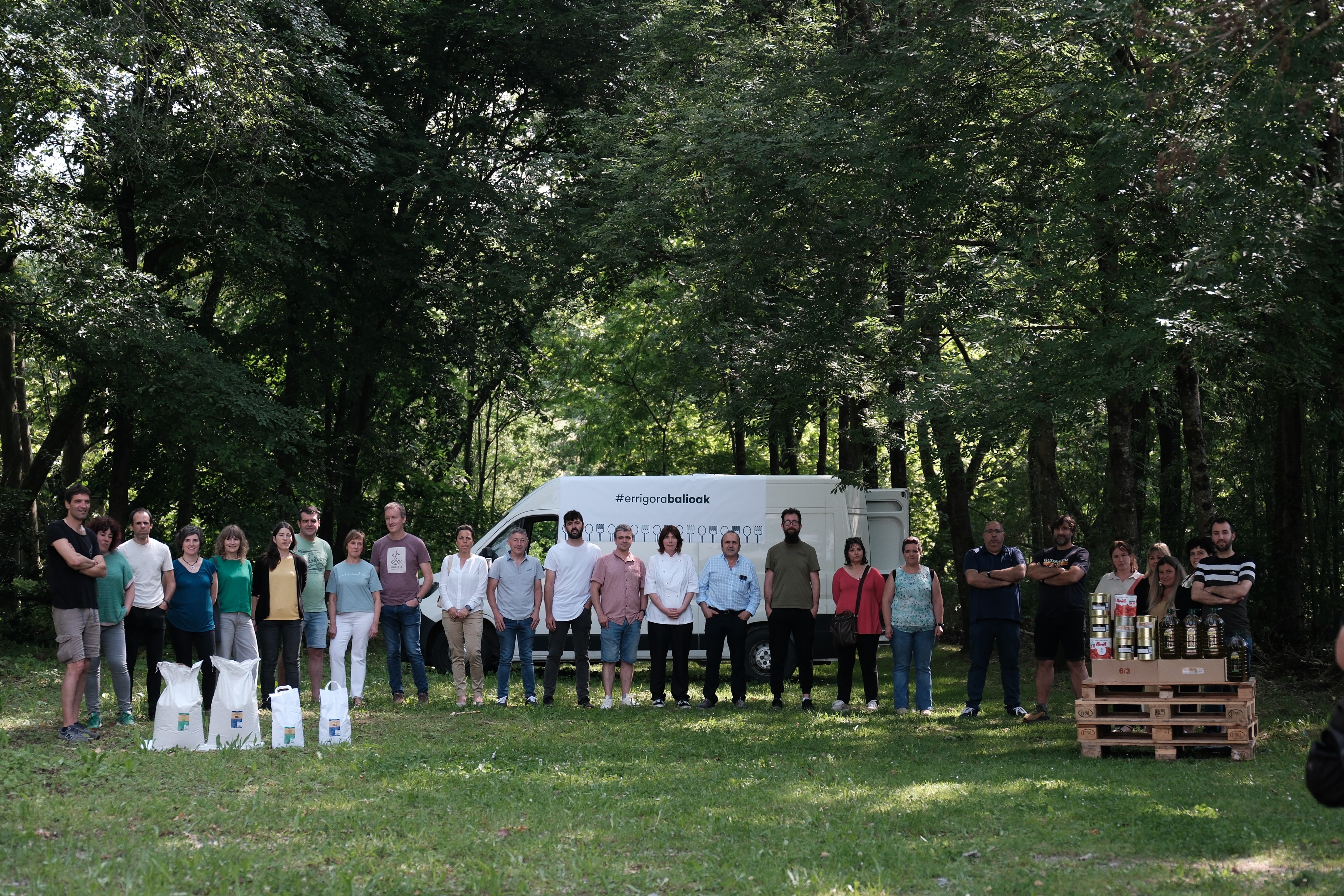Collect the trash from the river, joining sport and art
- In addition to collecting the waste from seas and mountains, more and more collectives have begun to clean up the waste from rivers. To this end, the Club Gondolin de San Sebastian has organized the Garbibai race, which in a sporty and competitive environment, focuses on garbage collection and art as the basis of collaboration.
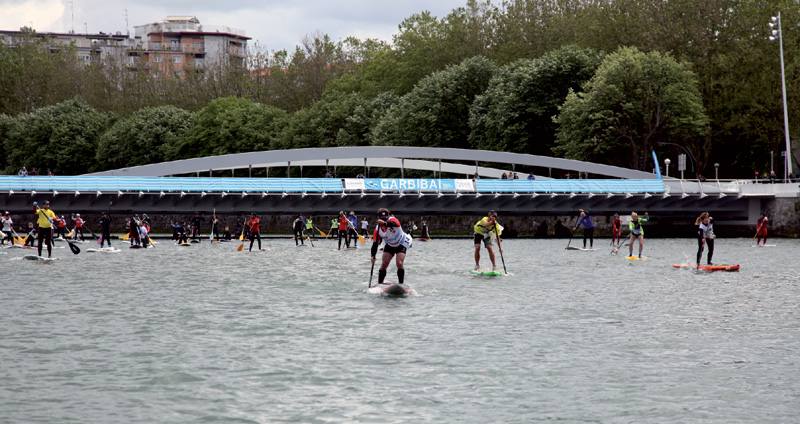
Jacques Cousteau said: “XX. In the twentieth century, the earth’s planet has suffered more pain than in all human history.” Nor does the situation appear to have improved in the twenty-first century, and the problem of man-made waste has already become a major concern. Marcelo Díaz, a member and founder of the Gondolin Club, is aware of this. The space, the water, the clean space they need to do sport is fundamental to the club and they strive to do so. In a city like Donostia-San Sebastián, which has always been sea-oriented, the club was clear from the outset that it would pay special attention to the Urumea River, both in its activities and in its care. “The rivers, unlike the sea and the mountains, have been forgotten about the cleanliness of the waste,” says the Uruguayan.
Last year, the club launched the Garbibai initiative, and the intention is that the initiative be repeated every year. With the practice of the Stand Up Paddle modality – standing on a table – Garbigai is the world’s first race to clean the river. “The basis of the idea came to me through the words of an Australian friend: local surfers have the habit – says Diaz – of collecting at least three solid waste every time they go to the beach. I started thinking about how much garbage would be received in the world if each of us did. Although that cannot be achieved, we think about contributing our bit to this issue.”
Extraordinary sports initiative
On the one hand, Garbibai has the characteristics of a traditional career. The competition takes place in groups of five people and a team person has to run a 13 kilometer speed race through the Urumea, receiving at least three garbage tracks along the way. Meanwhile, the remaining four of the group should collect in two hours as many garbage as possible and deposit it on their table. The jury shall determine the winning team taking into account the time of the participants, the amount of waste collected and the artistic value of the waste found. “Our main objective was to do a fun activity, taking into account the problem of garbage,” says the organizer. Then we realized that, after all, it is also an act of auzolan.”
The artistic aspect of the initiative began to work in collaboration with the Olatutalka project of Donostia 2016. It was in 2011, when Garbibai was still in the process of creation. Many of the club’s members were related to the art world and found it interesting to add this feature to the collective auzolan. “2012. After last year's first edition, we photographed the most curious remains found, and I showed them to a fellow who knows the art. He told me that these objects could be placed in an exhibition and we didn’t think twice.”
Beyond the race
The first year they could not make an exhibition, as the objects found were recycled as soon as the race ended. After the second, however, an exhibition was made with the most spectacular residues found in the Punto Store, in the commercial office of Donostia. The most curious photographs taken of the waste are also given in the form of postcards in the club, as a promotion. “Contestants get out of everything in the race… One found a revolver once!”, says Díaz. The photos have also been used for workshops with children, with the aim of getting the youngest to discover the reality of the trash. “We do not teach them any lessons, in the workshops it is the children who take pictures and invent the story behind each residue,” explains Garbibaiko’s member. We have held workshops in different neighborhoods and children tell stories about waste based on their experiences.”
After two editions, Iker Tolosa, a culture technician at Olatutaltza, is clear that Garbibai is an initiative with great cultural potential. “In addition to making art with garbage, he has reminded us that we have abandoned rivers, more important in this city that lives by looking at the ‘unparalleled framework’. On the other hand, it has made us think that washing can be fun, removing consciences. If everything goes well, we would like to extend the initiative to other rivers.”
Tolosa added that “from Olatutalkako we believe that Garbibai can be a symbolic instrument for social transformation. The amount of waste collected is high, but not everything that can be collected under any circumstances. Behind a fun career and a spectacular display of modern art, this is a collective action that aims to convey a deep message, in short.”
Finally, we must not forget that Garbibai is not the only group that has become aware of river cleaning, not even the first one. There are others, such as Urgard, who make a monthly appeal to clean up some river without being confused with recreational activities. Since on their website they make open calls, in addition to the members of the collective, it is also common for citizens who live in the vicinity of the river to be cleaned.











